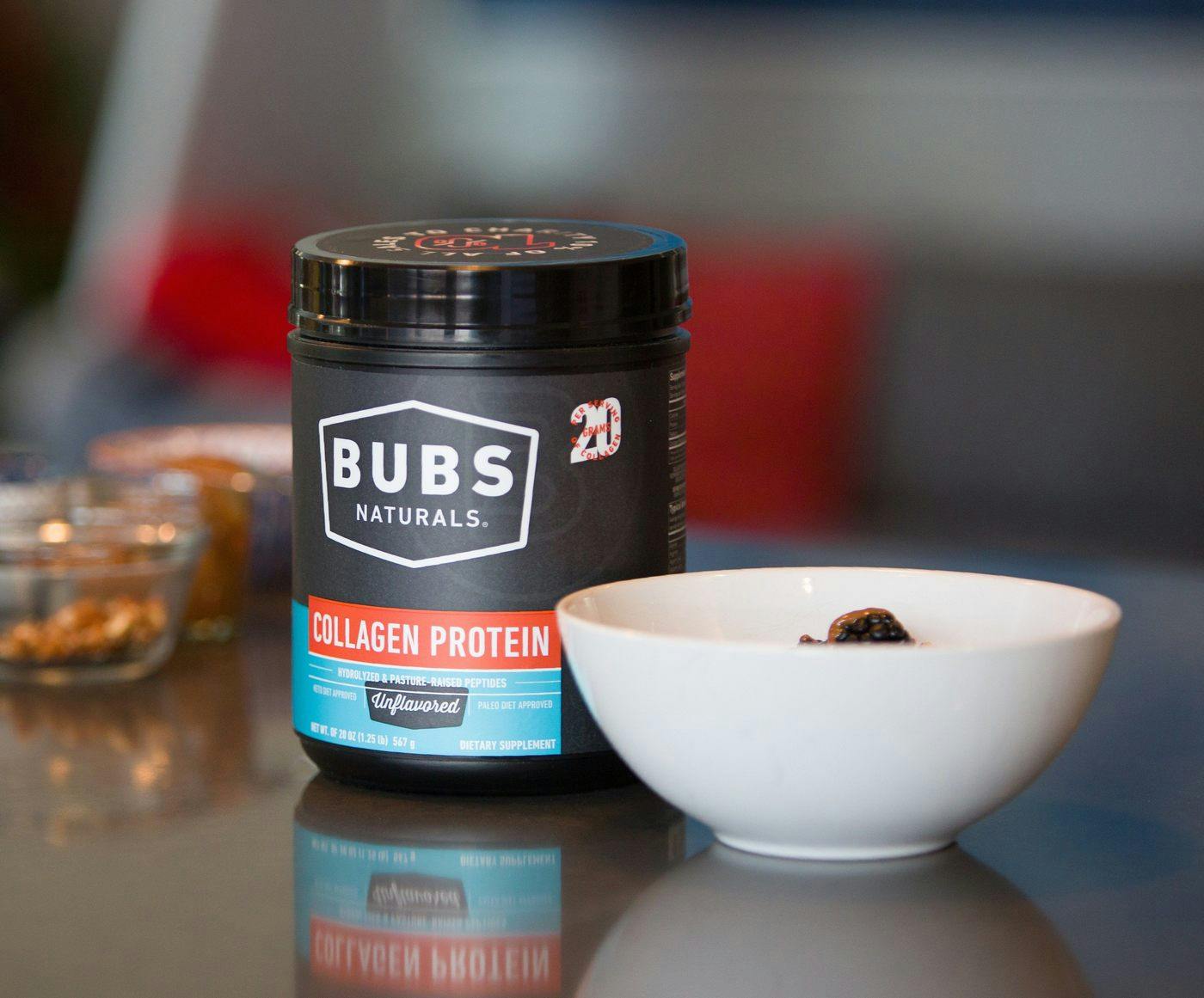
Meet Threonine, an Essential Amino Acid and Must-Have Protein
TJ Ferrara
over 2 years ago
How much you know about amino acids is likely related to how well you could stay awake during high school biology classes. So we won’t hold it against you if you’ve never heard of threonine, one of nine essential amino acids that your body needs but cannot produce on its own. Along with the other eight amino acids, threonine must be sourced from your diet. Fortunately, some foods are especially high in threonine, including lamb, beef, soybeans and liver. It’s one of the reasons people like the Muscle Maven, Ashleigh VanHouten, still cook with them. Here’s the issue - even if you’re one of those people who enjoys the taste of liver, there still has to be a better way to source this valuable essential amino acid. And no matter what your goal is, whether it’s muscle growth or just maintaining a well-balanced diet, eating a well-rounded diet rich in amino acids such as threonine is, well, essential to good health. So before we discover a guaranteed way to source threonine without subjecting yourself to a plateful of soybeans, let’s dive into the basics of amino acids, and everything that makes threonine indispensable in your diet.
What is an Amino Acid?
To answer that question, we’re going to briefly dive into some science. Amino acids are organic molecules made of an amino group - containing nitrogen and hydrogen - and a carbon group - made of carbon and oxygen. It’s the carbon component that qualifies threonine as an acid. Amino acids also have an extra hydrogen element, and something called an “R chain” attached to them. Each R chain is unique and gives the amino acid its special identity and name, like threonine. Because of their atomic makeup, they are able to bond with each other and build proteins. These proteins are used for countless activities and structures in our bodies, from gene expression to building parts of the cell to muscle. Amino acids are essential to nutrition. They’ve been called the building blocks of proteins, but really they are the building blocks of our bodies: amino acids are essential to building all of the structures that build our bodies. Though amino acids are qualified as essential and nonessential, the truth is that ALL amino acids are necessary for the health of our bodies. The difference is that nonessential amino acids can be made in the body, while essential amino acids must be obtained from food or a supplement. Threonine plays a unique role among amino acids. While important for building protein, it also aids in metabolizing fat and preventing fat buildup on the liver. It builds collagen, elastin and even tooth enamel.
Threonine and the Gut
Gut health has been on everyone’s radar these days, from doctors to self-proclaimed health gurus. But the hype is not without reason. More and more research is linking gut health to overall health, as the gut, or digestive tract, is where nutrients are absorbed...or not absorbed. Threonine has been found to help protect the digestive tract as it promotes the production of gut mucus. This mucus may help seal the lining of the gut, protecting it from harmful compounds.
Threonine and the Immune System
The difference between a weak and a strong immune system can prove the difference between immunity and infection, between sickness and a productive workday. Luckily, if you have a diet rich in amino acids, your immune system will feel the benefits as well. Amino acids play a role in immune function, with threonine taking the lead. Researchers have found that threonine plays an important role in the pathways that activate T-cells. T-cells are an essential part of our immune result and help fight pathogens. Threonine helps coordinate these attacks on disease.
Where Can I Find Threonine?
The best sources of amino acids are animal products such as milk, eggs and meat. And it makes sense: just like amino acids build the proteins in our bodies, they also build the proteins in animals. However, if you prefer to pursue a more plant-based diet, you shouldn’t worry too much. Most vegans and vegetarians can source more than enough protein by eating a wide variety of plants, especially protein-packed plants such as quinoa and legumes. Another great source of threonine is collagen peptides. BUBS Naturals Collagen Peptides contain 380mg of threonine per serving, making it an excellent source of this amino acid and many others. Plus, BUBS Naturals is committed to sourcing natural ingredients, so you can rest assured that you are getting the best for your body. Collagen peptides contain a wide panel of amino acids, including threonine, and most brands label how much of each is present. Since these proteins contain all nine essential amino acids, you know that you will also get a healthy dose of threonine. Amino acids need each other to work their magic. As long as you are eating a wide assortment of proteins, especially complete proteins, you should have all that you need to survive and thrive.